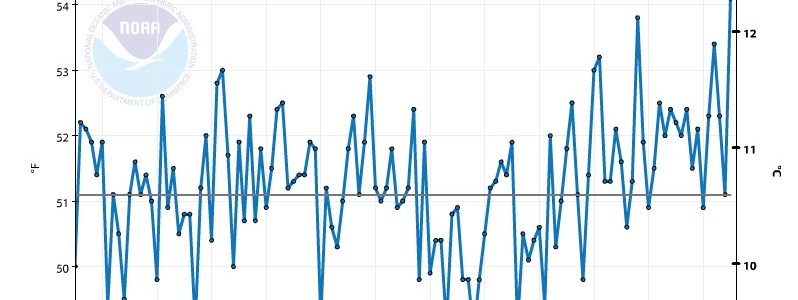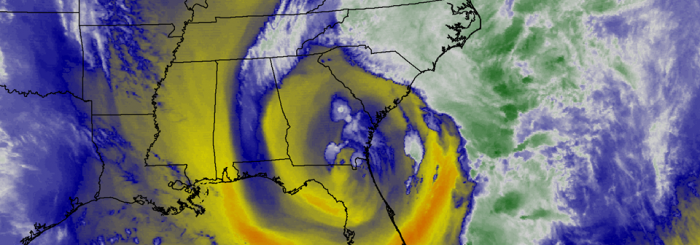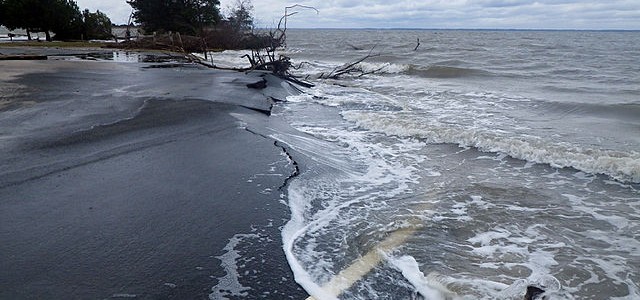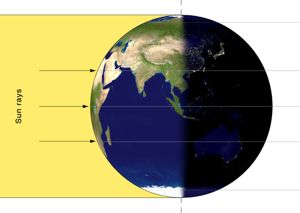Climate science
-

A new scientific study of long-range statistical climate forecasts (published recently in Nature Geoscience) shows that temperature patterns in the central Pacific Ocean can predict the likelihood of droughts and heat waves on the East Coast by up to several weeks. You can read a story about the research at PBS at https://www.pbs.org/newshour/rundown/pacific-hot-water-predicts-heat-waves-drought/. The Christian Science…
-

The Fruit Growers News republished a story this week from the University of Idaho discussing how trends in minimum temperature over time are likely to change where some crops grow. The annual coldest temperature is linked to some crops’ ability to thrive, and is the basis of the USDA plant hardiness zone map. These temperatures are expected…
-

My friends from the Space Science and Engineering Center at the University of Wisconsin-Madison (my alma mater) wrote a nice description of how remote sensing is used in many aspects of safety and information. Radar and satellite imagery are both examples of atmospheric remote sensing, but there are others as well. You can read more…
-

Since the President and First Family are visiting Cuba this week, Marshall Shepherd of UGA put together a description of the weather and climate conditions in Cuba for his Forbes.com blog here. One of the interesting things in the article is how much Hurricane Sandy devastated the island nation, well before it hit the New…
-

A recent article in Nature Climate Change by UGA scientists Mathew Hauer and Deepak Mishra and former UGA scientist Jason Evans highlights the severe impacts that rising sea level is expected to have on coastal populations in the US (the abstract is here). The scientists show that based on current projections of sea level rise…
-

The next couple of nights are going to be quite chilly in northern parts of Alabama and Georgia and frost is likely in higher elevations. Some extension agents have told me that in some areas frost damage to fruit trees is a concern because they are blooming so early this year due to the warm…
Posted in: Climate science -

Astronomical spring begins officially when the vernal equinox occurs. This year that happens at 12:30 AM EDT on March 20. So while climatological spring is already well underway (especially this year, with temperatures far above normal), astronomical spring is just starting. You can read more about it at EarthSky here.